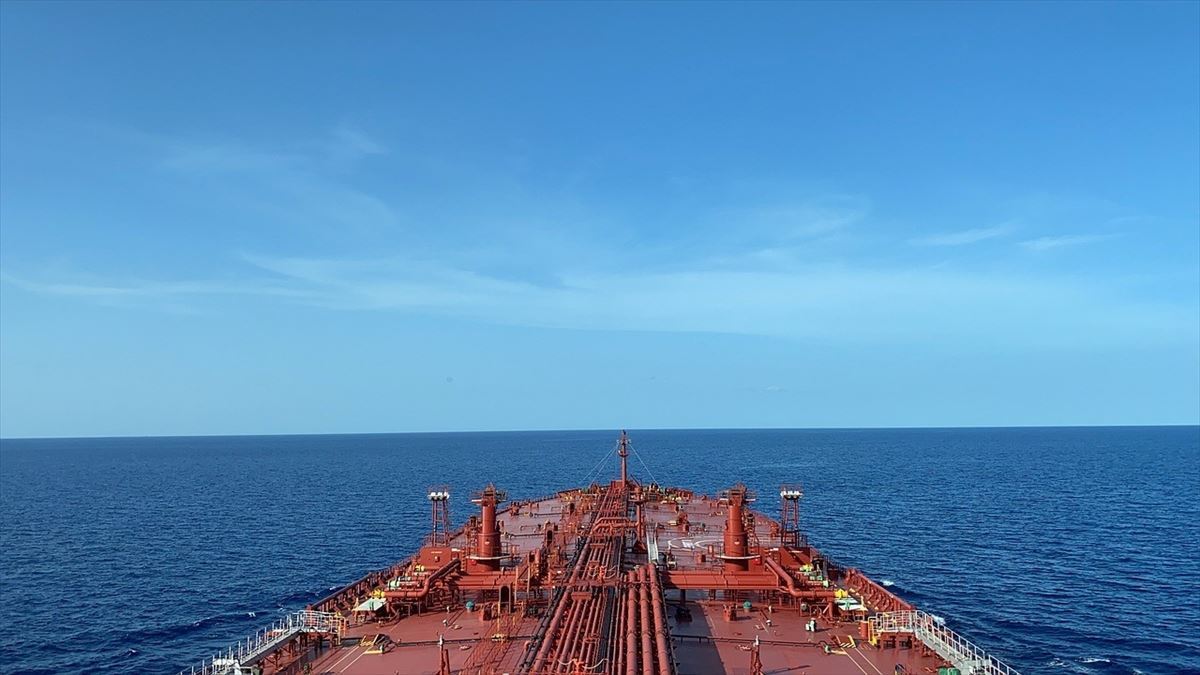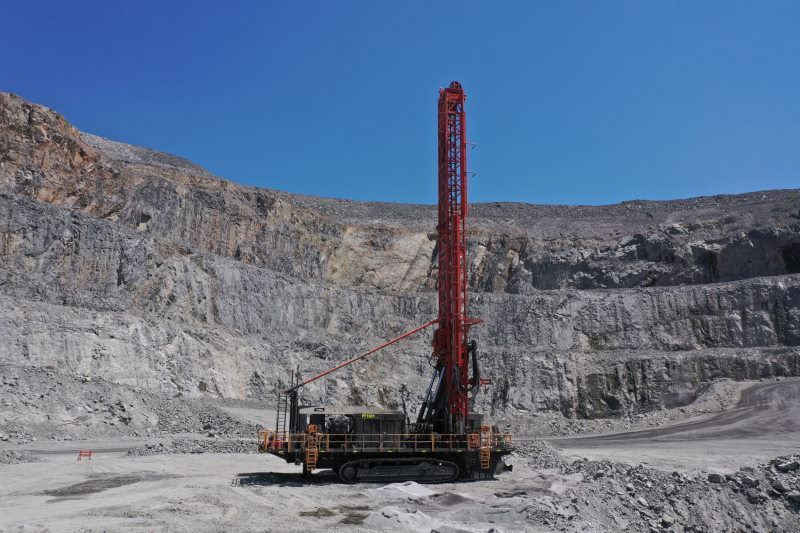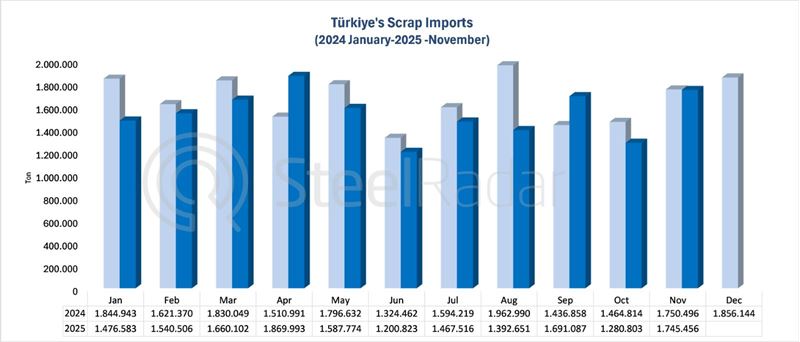Rising geopolitical tensions in the Middle East have once again brought the strategically important Strait of Hormuz vital for energy and maritime transport to the forefront of the global agenda. Comments from Javad Kowsari, a member of Iran’s Parliamentary National Security Commission, stating that “the strait should be closed,” have further heightened concerns about maritime trade security. The Iranian government has openly stated that, in the event of a possible increase in military intervention, particularly from the U.S., the closure of the Strait is being seriously considered. Recent tanker incidents and an increase in electronic interference affecting navigation have raised alarms about maritime safety.
Insurance Premiums Rise, Carriers Take Precautions
As risk perceptions grow, marine insurers have significantly increased war risk premiums. Some shipping companies have begun taking precautions such as avoiding high risk areas or rerouting voyages outside the Gulf.
In addition to increased insurance premiums, freight rates are also rising due to high risk surcharges. While carriers revise their sailing schedules, the reliability of transit processes is under threat. Potential restrictions on access to Gulf ports are pushing carriers to explore alternative logistical arrangements.
Exclusive Insight from the UAE to SteelRadar
Speaking to SteelRadar, a source based in the United Arab Emirates summarized potential developments as follows:
“Cargo departing from Jebel Ali and other UAE ports eastward via the Strait of Hormuz will be directly affected in the event of a partial or full closure. In a partial closure scenario, or if mainline carriers choose to bypass Jebel Ali for safety reasons, we may see the following developments: carriers may choose to discharge containers at major transshipment hubs like Salalah (Oman) or other secure locations outside the Strait. Cargo from Salalah or other hubs may then be moved to UAE ports via feeder vessels, increasing transit times and operational complexity. In the event of a full closure, it is likely that carriers will divert port calls to facilities outside the Strait, such as Khorfakkan Port (UAE) and Sohar Port (Oman). However, neither Khorfakkan nor Sohar currently has the infrastructure capacity to absorb the full volume typically handled by major UAE ports like Jebel Ali.”
The source also noted:
“Longer vessel turnaround times and port congestion are expected. Increased inland transportation demand due to cargo being moved to the UAE by land will likely lead to higher shipping costs and limited equipment availability in the short term.”










Comments
No comment yet.